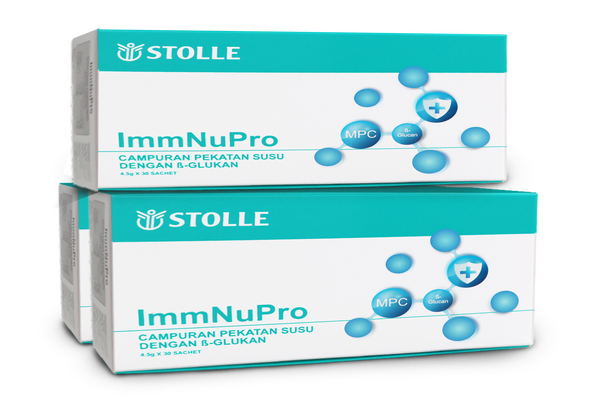

Importance of Protein
Do you know where the body's energy comes from?
The three major nutrients for the body's energy include carbohydrates, proteins, and fats. Among these, protein is the fundamental component of body tissues and cells, crucial for maintaining overall health and normal functions. Therefore, ensuring an adequate intake of protein is essential for maintaining bodily health.
Proteins play several crucial roles in the body, including:
- Building and Repairing Tissues: Proteins are the primary components of body tissues, including muscles, bones, skin, hair, and nails. In daily life, muscle tissues undergo continuous wear and tear, and proteins provide the necessary amino acids to facilitate tissue repair and regeneration.
- Supporting the Immune System: The immune system serves as the body's defense mechanism, protecting us from infections and diseases. Many immune cells and antibodies are composed of proteins, making protein crucial for maintaining a healthy immune system.
- Providing Energy and Metabolic Support: When there is inadequate energy supply from carbohydrates and fats, the body utilizes proteins for metabolism and converts them into energy.
- Participating in Enzyme and Hormone Synthesis: Many physiological processes require the involvement of enzymes to facilitate chemical reactions, and enzymes themselves are composed of proteins. Additionally, some hormones such as insulin and thyroid hormones are also proteins, regulating the body's metabolism and growth.
- Maintaining Healthy Cells and DNA Synthesis: The body's cells continuously divide and renew, with proteins serving as the foundation for cell structure and function. Furthermore, protein involvement is necessary for DNA synthesis to ensure the transmission and stability of genetic information.
The body's protein requirements vary depending on factors such as age, gender, weight, physiological status, and activity levels. According to Malaysia's recommended nutrient intake, Malaysian adults require an average of 1 gram of protein per kilogram of body weight per day, accounting for 10-20% of total energy intake. Pregnant women, lactating mothers, athletes, and individuals with specific health conditions may require additional protein to meet their physiological needs.
Sources of Protein
Protein sources are diverse and can be classified as animal-based and plant-based sources.
- Animal-based protein primarily comes from meat, poultry, fish, dairy products, and eggs. These foods provide rich amino acids and are important sources of complete proteins required by the body.
- Plant-based protein mainly comes from legumes, soy products (such as tofu and soy milk), grains (such as rice, wheat, and corn), nuts, seeds, and vegetables. Although plant-based proteins typically lack a complete amino acid profile, a varied diet and combination of plant proteins can still meet the body's protein requirements.
In daily life, choosing healthy protein sources is crucial. It is recommended to prioritize lean protein sources low in fat and cholesterol, such as fish, skinless chicken, legumes, and low-fat dairy products, to avoid excessive intake of saturated fats and cholesterol, which helps maintain cardiovascular health. Additionally, reducing the intake of processed meats and meat products is advisable, as these foods often contain high levels of fat, cholesterol, and additives, which are detrimental to health.
Protein is an essential nutrient for the body, crucial for maintaining bodily health and normal functions. By choosing diverse sources of protein and ensuring adequate intake, one can help meet the body's protein needs and promote a healthy lifestyle.
Stolle ImmNuPlus and ImmNuPro contain rich, high-quality proteins and patented immune nutrients, serving as excellent protein sources and able to support the immune system directly, reduce infections, activate immunity, achieve immune balance, and stay away from disease threats.









